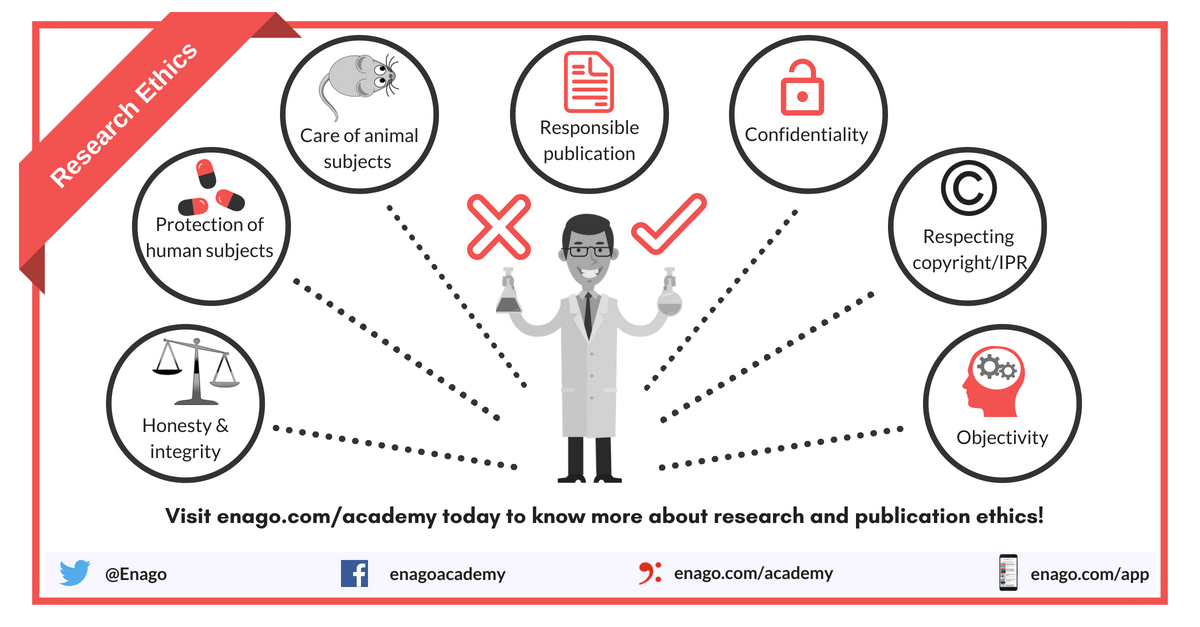The Role of COPE in Research and Publication Ethics

COPE was established as a registered charity in the United Kingdom in October 2007, after a decade of growth from an informal gathering of concerned editors in 1997. It is funded exclusively from the subscription fees of its members, comprising journal editors, publishers, and other members of the academic publishing community.
“COPE provides advice to editors and publishers on all aspects of publication ethics and, in particular, how to handle cases of research and publication misconduct. It also provides a forum for its members to discuss individual cases. COPE does not investigate individual cases but encourages editors to ensure that cases are investigated by the appropriate authorities (usually a research institution or employer).”
Valued Guidance and Support
With over 9000 members worldwide, it is clear that as COPE approaches its 20th anniversary, the tools and services provided to its members are highly valued. Many publishing houses import the COPE guidelines and codes of best practice into the verbatim of their own internal guidelines. The COPE website also documents multiple cases were members have called upon COPE officers and fellow members for support in the resolution of author disputes.
As the membership has grown, COPE’s range of services has been expanded to include e-Learning courses for new journal editors, a comprehensive internal audit tool for editors to assess how well their journals match COPE’s guidelines, and the provision of research grants (although the grant process is currently under internal revision).

Limited Authority
It is important to remember that COPE serves in an advisory role and therefore has no enforcement authority beyond requiring members to adopt the COPE constitution and follow the Code of Conduct for Journal Editors. Members can seek advice from COPE Council Members and discuss scenarios in an open forum with fellow members, but COPE has no legal authority of reputation on behalf of their membership. Any formal disputes between journals and authors or the institutions who employ those authors are required to be resolved elsewhere.
A Future Role
As the amount of money involved in academic research continues to increase, the penalties for poor quality research and subsequent retraction of any published articles relating to it can be substantial. As a result, an increasing number of dispute cases are ending up in expensive litigation. In the absence of a formal legal framework against which such disputes may be adjudicated, litigation tends to get resolved through a small body of legal precedence and evidence of professional conduct. Evidence of consistent compliance with the codes of conduct of a widely recognized and impartial professional organization now carries a lot more weight than a group of concerned editors looking for ways to improve their profession. This is why the role of COPE in research and publication ethics becomes vital.









